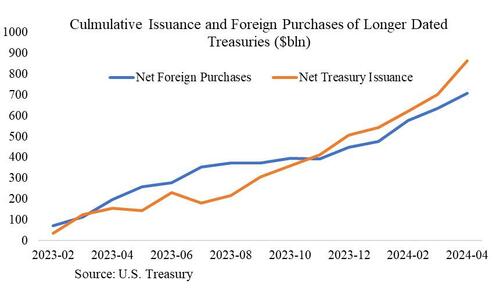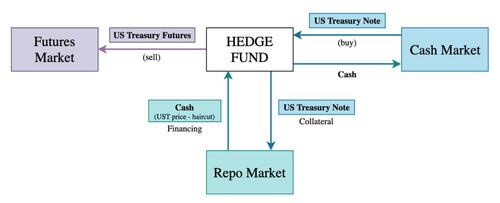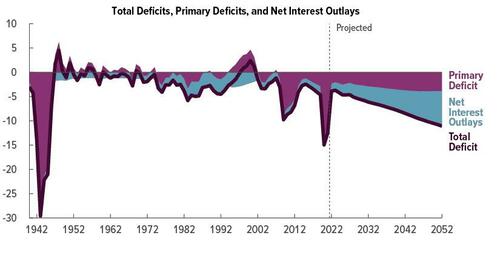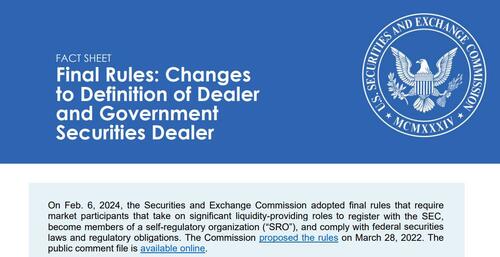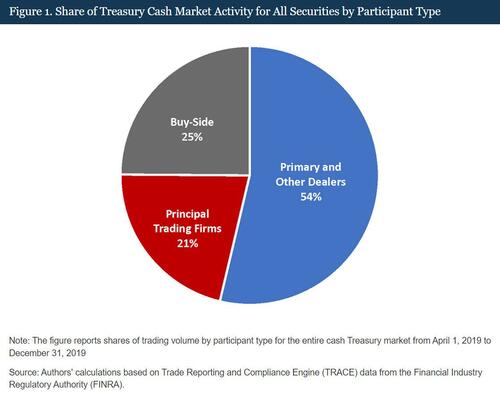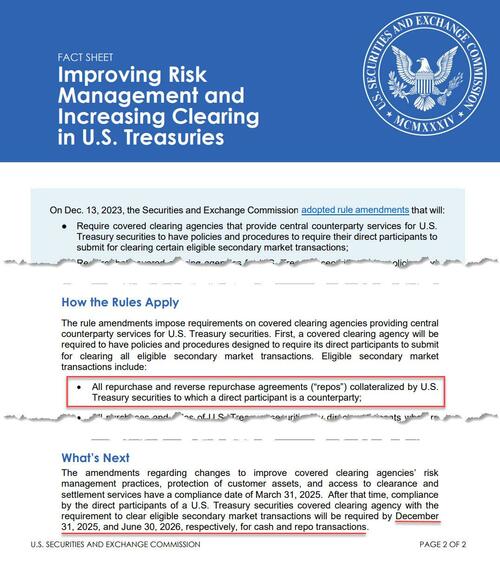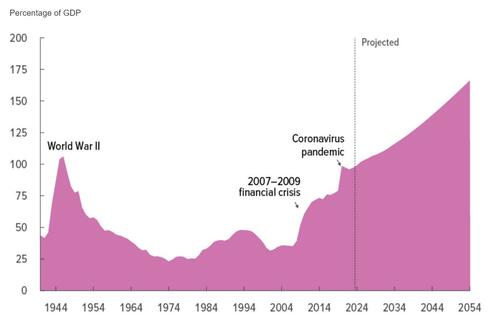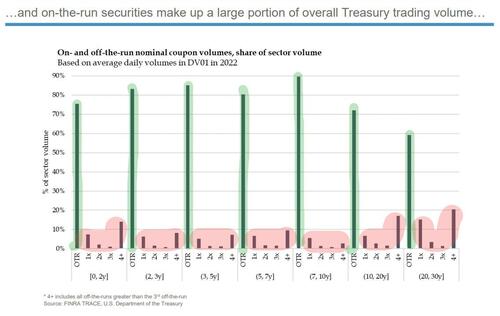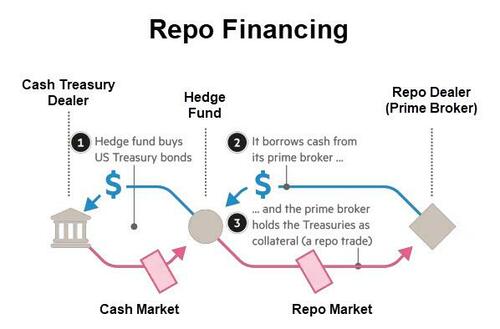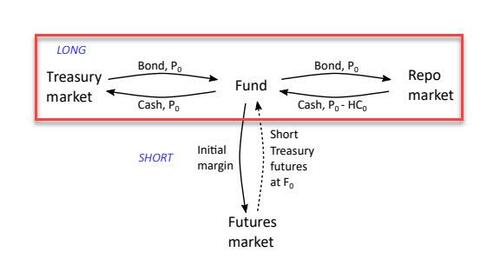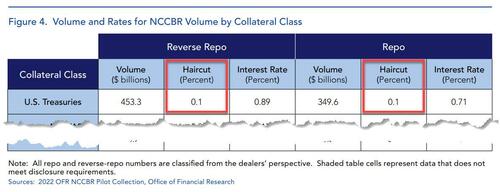Byrne Hobart is the author of The Diff, a newsletter about inflections in tech and finance. ADS is the author of Applied Divinity Studies.
Applied Divinity Studies: Is
there a Hotelling’s law for newsletters? It doesn’t seem absurd, at
face value, to imagine that there’s a Byrne Hobart Prime writing
approximately the same newsletter but say, covering a slightly different
subset of events.
Or if talent plays a role, maybe a Discount
Byrne Hobart who writes a worse version of the same newsletter but
offers it for half the cost.
You might argue that the pressure
towards homogeneity is eradicated by zero marginal costs to replication,
but ultimately, we should still expect to see a lot of imitators, some
of which might by slightly better at filling some demand niche, and with
enough of these you would expect to lose your lunch.
What’s going on? Is newsletter defensibility driven by network effects?
Byrne Hobart: There are a couple different dynamics here:
- Business
writing and pure entertainment have very different demand curves. For
business writing, opportunity cost is a much bigger component of the
total cost, which makes pricing differences less salient.
Suppose
someone makes $1m/year at a private equity firm. Assume they’re working
60-hour weeks. Their time is worth $333/hour. So an hour-a-day
newsletter habit has an opportunity cost that’s far higher than the
financial cost of the newsletter.
In fact, the opportunity cost of reading half a dozen Diff
issues is higher than the subscription cost for this kind of reader.
This puts a high premium on 1) making novel points, 2) making points
that will help them make more effective decisions, and 3) getting to the point.
A
newsletter that is lower quality might have a lower financial cost, but
in terms of opportunity cost it’s actually more expensive. - Another
dynamic with newsletters is affinity. This is usually a bigger deal at
lower price points than mine, but I know of plenty of people who will
pay $5 or $10 a month to support someone, even if they’re not getting
anything extra. In fact, I do this sometimes. It’s nice to support
people.
That said, the business is quite competitive. There
are some very smart people out there writing on topics I cover, and when
there’s a big story I often assume it’s going to be covered, and
covered well, by someone who I like to read.
This doesn’t
preclude me writing about it, too, but it does put a premium on writing
about topics that aren’t timely and thus don’t have direct same-day
competition.
Fortunately, this kind of writing is self-sustaining,
because there’s this iterative aspect: see an interesting pattern,
write about it; find a case study of that pattern, write about that case
study; see other interesting patterns in the case study, write about those.
This
often takes the form of turning a footnote into a full article, and
sometimes that article will have a footnote worth expanding on, too.
Applied Divinity Studies: 13 years ago you were living in a former crack den eating rice and beans. What was that: a mistake? Instructive? Would you do it again? Recommend it to a colleague?
Byrne Hobart: Some amount of suffering is good for moral development and gives you better stories to tell, but it’s hard to recommend it.
For
one thing, maybe that experience is entirely subjective to me, or I’ve
been successfully memed into thinking that it Builds Character when it
really doesn’t.
For another, it seems like it’s better for you if
you choose it, or, even better, if you make choices that inevitably lead
to it.
In my case, it was not especially bad. It doesn’t really
count as poverty since I wasn’t struggling to pay bills or have enough
to eat, just paying very small bills and eating not especially great
food. And I was confident it was temporary, which turned out to be
justified.
It’s probably healthier to pursue some edifying level
of suffering either a) through some kind of structured belief system
that tells you when to suffer and what it means, e.g. religiously
prescribed fasting, or b) by working out, which is painful but has good
physical effects in addition to the character-building ones.
Applied Divinity Studies: What’s the most value a reader has even gotten out of The Diff? A job offer? A particularly lucrative trade? Will you ever know?
Byrne Hobart: I know of at least one very cool job someone got through The Diff,
although I haven’t been given permission to disclose it. I’ve heard
about trades—including, oddly, one case where I was musing about an
interesting situation in oil markets but did not actually come to a firm
conclusion. My reader did, and did well at the trade. (Maybe this is
why I’m not at a hedge fund any more.)
Other than that, I’ve had
readers say that something I wrote nudged them in the direction of
creating one more startup (and some things I wrote outside the
newsletter apparently encouraged one acquaintance to have one more kid,
which is a very big deal!)
Applied Divinity Studies: John Luttig has a great piece
about finance’s encroachment on popular culture. In the past, we might
have had Gordon Gekko as a villain, or Ryan Gosling in The Big Short as a
kind of anti-hero, but now it seems we’ve gone from demonizing Wall
Street’s excesses, to demonizing them, but also wishing we could get a
cut of the pie.
Have people gotten greedier? Has trading become
more democratic? Is anti-capitalist sentiment evolving into a sense that
if it’s all just a game, maybe ordinary people can win too? Are we just
bored?
Byrne Hobart: There have been finance
heroes and antiheroes for a long time. Jesse Livermore was a celebrity
in the 20s, as were a few other now-mostly-forgotten traders, like
Michael Meehan, the first person prosecuted by the SEC. Before that, you
have Dreiser’s The Financier. And Moby-Dick has a scene where Ishmael is negotiating his equity comp package (he gets 33 bps).
So it’s been going on for a long time....


